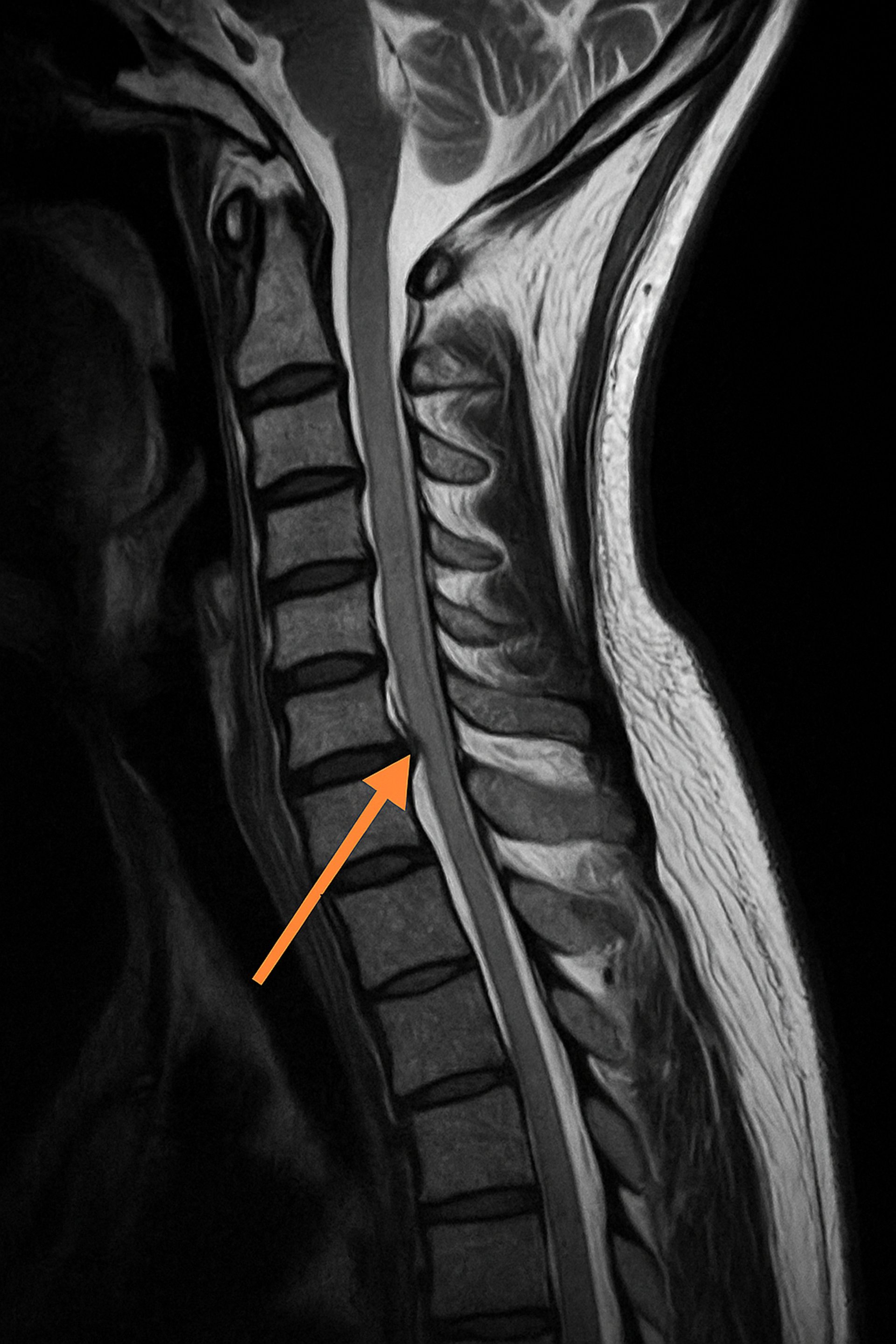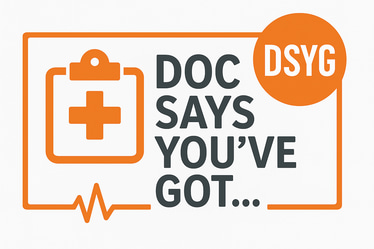
Cervical Herniated Disc
A cervical herniated disc happens when one of the discs in your neck pushes out of place and presses on nearby nerves or the spinal cord. This can cause neck pain, arm numbness, tingling, or even weakness.
It usually affects people in their 30s to 60s and may be caused by aging, arthritis, or injury. The good news? Many people get better with the right treatment—even without surgery.
DSYG You’ve Got a Herniated Disc in Your Neck. Now What?
What Is a Cervical Herniated Disc?
Between the bones in your neck are discs that act like shock absorbers. If one of them bulges out or ruptures, it can press on a nerve—or even on your spinal cord. This can cause: Neck pain... Radiating pain or tingling in your shoulder, arm, or fingers... Weakness in the arm or hand... Trouble sleeping due to discomfort.
How did it happen?
Well, it is Usually from: Aging and spinal wear-and-tear... Repetitive strain (like posture or screen use)... A sudden movement or accident (whiplash)... But sometimes there is no clear reason at all.
What Can You Do About It?
The good news is that many people get better without surgery. Conservative treatments include: Physical therapy... Oral steroids or anti-inflammatories... Cervical traction (gentle pulling on your neck - discuss with your doctor - don't try yourself!)... Steroid injections.
When Should You Be Concerned?
🚨 You’re losing strength in your arm
🚨 You have trouble with coordination
🚨 Your symptoms are getting worse over a short time
🚨 Your MRI shows spinal cord compression (not just nerve roots)
These are signs to follow up with your doctor quickly. In some cases, surgery may be advised.

